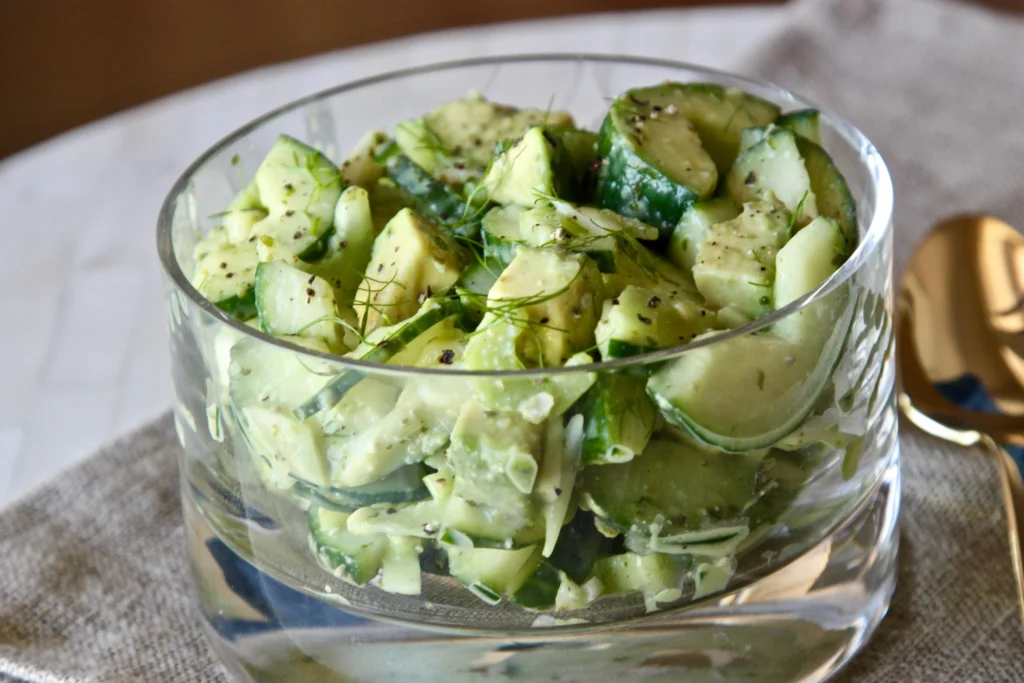Welcome to the ultimate guide to crafting the perfect Greek salad, your delicious path to a flat stomach! Whether you’re a seasoned salad aficionado or just dipping your fork into the world of healthy eating, this article is your go-to resource for mastering the art of Greek salad creation.
Say goodbye to boring, tasteless salads and hello to a vibrant, satisfying meal that will leave you feeling energized and ready to tackle the day.

Understanding the Greek Salad Essence
What Makes a Greek Salad Truly Greek?
Greek salad, also known as horiatiki, is a beloved dish that originates from Greece.
It’s a simple yet flavorful combination of fresh vegetables, tangy olives, creamy feta cheese, and a drizzle of olive oil.
The key to a genuine Greek salad lies in the quality and freshness of its ingredients.
The Health Benefits of Greek Salad
Not only is Greek salad a culinary delight, but it’s also a nutritional powerhouse.
Packed with vitamins, minerals, and antioxidants, each bite contributes to your overall health and well-being.
From promoting heart health to boosting digestion, the ingredients in Greek salad offer a myriad of benefits.
Building the Perfect Greek Salad
Fresh Ingredients: The Foundation of Flavor
Start with a base of crisp lettuce, such as romaine or iceberg, to provide a crunchy texture.
Then, add in juicy tomatoes, refreshing cucumbers, and thinly sliced red onions for a burst of color and flavor.
The Role of Feta Cheese
No Greek salad is complete without the creamy goodness of feta cheese.
Opt for authentic Greek feta for the best taste and texture.
Crumble it generously over your salad to add a rich and savory element.
Embracing the Olive Tradition
Greek salad wouldn’t be the same without the addition of Kalamata olives.
These dark, briny gems add a depth of flavor that perfectly complements the other ingredients.
Be sure to pit the olives before adding them to your salad.
Dressing it Up with Olive Oil
For the final touch, drizzle extra virgin olive oil over your Greek salad.
Not only does it enhance the flavors, but it also provides healthy fats that are essential for a balanced diet.
Keep it simple with just a splash of olive oil, or add a squeeze of fresh lemon juice for an extra zing.

Tips for Customizing Your Greek Salad
Adding Protein Power
To make your Greek salad more filling and satisfying, consider adding protein-rich ingredients such as grilled chicken, shrimp, or chickpeas.
These additions not only boost the nutritional value of your salad but also keep you feeling full for longer.
Experimenting with Herbs and Spices
Get creative with your Greek salad by incorporating fresh herbs and spices.
Try sprinkling chopped mint or oregano over your salad for a burst of aromatic flavor.
You can also add a pinch of crushed red pepper flakes for a hint of heat.
Making it Vegan-Friendly
For those following a plant-based diet, Greek salad can easily be adapted to suit your preferences.
Simply omit the feta cheese or replace it with a vegan alternative.
You can also add tofu or tempeh for an extra protein boost.
Conclusion
In conclusion, Greek salad is more than just a delicious meal—it’s a culinary masterpiece that celebrates the vibrant flavors of the Mediterranean.
By following the tips and techniques outlined in this guide, you can create your own masterpiece that not only tantalizes your taste buds but also supports your journey to a flat stomach and overall well-being.
So, grab your ingredients and get ready to embark on a flavorful adventure that will leave you feeling satisfied and nourished.

FAQs
1. Can I make Greek salad ahead of time?
Absolutely! Greek salad actually tastes better when the flavors have had time to mingle.
Simply prepare the salad ingredients and store them in an airtight container in the refrigerator.
Add the dressing just before serving to keep the lettuce crisp.
2. Can I use different types of lettuce in Greek salad?
While traditional Greek salad is made with romaine or iceberg lettuce, you can certainly experiment with other varieties such as spinach or mixed greens.
Just be sure to choose a lettuce that has a sturdy texture to hold up to the other ingredients.
3. How long will Greek salad keep in the refrigerator?
Greek salad is best enjoyed fresh, but it can be stored in the refrigerator for up to 2-3 days.
Keep it in an airtight container to prevent the lettuce from wilting and the flavors from mingling too much.
4. Can I customize Greek salad to suit my dietary preferences?
Absolutely! Greek salad is incredibly versatile and can be customized to suit a variety of dietary preferences.
Whether you’re vegetarian, vegan, gluten-free, or dairy-free, there are plenty of options available to tailor the salad to your needs.
5. What are some creative toppings I can add to my Greek salad?
Get creative with your Greek salad toppings by adding ingredients such as roasted red peppers, artichoke hearts, or avocado slices.
These additions not only add a pop of color and flavor but also boost the nutritional value of your salad.
